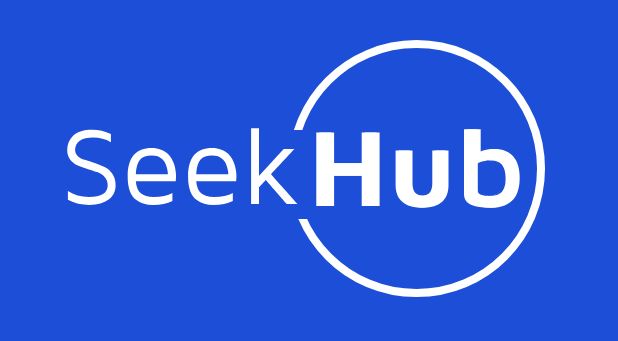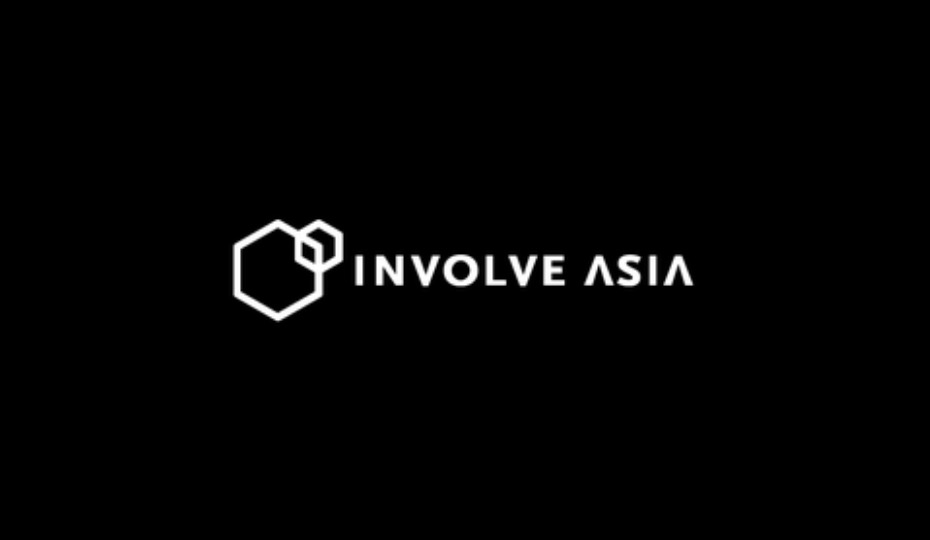FYI, SeekHub do not collect any PAYMENT or CREDIT CARD details.
Keywords:
Job Description
Who Are We?
Obol Labs is a remote-first research and software development team focused on Proof of Stake infrastructure for public blockchain networks. Specific topics of focus are Internet Bonds, Distributed Validator Technology, and Multi-Operator Validation. The core team includes 35 members spread across +14 countries.
The core team is building the Obol Network, a protocol to foster trust-minimized staking through multi-operator validation. This will enable low-trust access to Ethereum staking yield, which can be used as a core building block in various Web3 products.
The Network
The network can be best visualized as a work layer that sits directly on top of the base layer consensus. This work layer is designed to provide the base layer with more resiliency and decentralization as it scales. In this chapter of Ethereum, we will move on to the next great scaling challenge, which is stake centralization. Layers like Obol are critical to the long-term viability and resiliency of public networks, especially networks like Ethereum.
Obol as a layer is focused on scaling main chain staking by providing permissionless access to Distributed Validators. The network utilizes a middleware implementation of Distributed Validator Technology (DVT), to enable the operation of distributed validator clusters that can preserve validators’ current client and remote signing configurations.
Similar to how roll-up technology laid the foundation for L2 scaling implementations, we believe DVT will do the same for scaling the consensus layer while preserving decentralization. Staking infrastructure is entering its protocol phase of evolution, which must include trust-minimized staking networks that can be plugged into at scale. We believe DVT will evolve into a widely used primitive and will ensure the security, resiliency, and decentralization of public networks.
The Obol Network develops and maintains three core public goods that will eventually work together through circular economics:
- The DV Launchpad, a User Interface for bootstrapping and managing Distributed Validators
- Charon, a Golang based middleware client that enables validators to run in a fault-tolerant, distributed manner.
- Obol Splits, a set of solidity contracts for the formation of Distributed Validators tailored to different use cases such as DeFi, Liquid Staking, and Fractionalized Deposits
Sustainable Public Goods
Obol is inspired by previous work on Ethereum public goods and experimenting with circular economics. We believe that to unlock innovation in staking use cases, a credibly neutral layer must exist for innovation to flow and evolve vertically. Without this layer, highly available uptime will continue to be a moat.
The Obol Network will become an open, community-governed, self-sustaining project over the coming months and years. Together we will incentivize, build, and maintain distributed validator technology that makes public networks a more secure and resilient foundation to build on top of.
The Role
The focus of this role is on developing and enhancing React-based web applications for interacting with the Ethereum blockchain to create  . This includes creating user-friendly interfaces, integrating with wallets, and ensuring the applications are absolutely secure and reliable.
. This includes creating user-friendly interfaces, integrating with wallets, and ensuring the applications are absolutely secure and reliable.
The goal of this role is to enable the proliferation of Distributed Validators in the Ethereum Staking Ecosystem, by making them easy to create, view, understand, and interact with. This role requires working with agency and autonomy. It requires collaboration with cross-functional internal teams as well as dealing with external stakeholders. Obol’s  , Obol’s typescript packages, and other applications will be under this role’s remit.
, Obol’s typescript packages, and other applications will be under this role’s remit.
Responsibilities
- Develop and implement new features for our web applications using React, showcasing your expertise in creating user-centric solutions.
- Collaborate with cross-functional teams, including product owners, designers, and QA engineers, to ensure seamless delivery of high-quality products.
- Contribute to Obol’s coding standards, design patterns, and development methodologies.
- Drive innovation by researching and adopting the latest trends and technologies in the React ecosystem, ensuring our applications remain secure, competitive, and cutting-edge.
- Act as a technical mentor for junior developers, providing guidance and support to help them grow and excel in their roles.
- Collaborate with external partners integrating Obol technology into their dapps using the
 .
. - Take responsibility for maintaining and enhancing our current products, including our component library (
 ).
). - Improve the accessibility of our interfaces to all types of internet users.
- Harden the security of our React software and its supply chain.
Requirements
- Professional experience in React-based Ethereum Application Development (examples below).
- What we use for React Development: Typescript, Next.js, React Hook Form, SWR, Zustand, @headlessui/react, stitches.dev, tailwindCSS and others.
- What we use for Ethereum Development: Foundry, Hardhat, Ethers.js, web3-react, @obolnetwork/obol-sdk, @metamask/eth-sig-util, @0xsplits/splits-sdk(-react), @gnosis.pm/safe-core-sdk, @synthetixio/synpress, @chainsafe/(bls/discv5/ssz) and others.
- Previous delivery of react websites that enable non-custodial, wallet-based interaction with mainnet Ethereum or a similar EVM network with more than $100k in value handled.
- Knowledge of JS/TS security and testing best practices.
- Knowledge of JS/TS CI/CD best practices.
- Experience working with Agile Software Development methodologies.
- Web3 professional experience.
- Proven ability to maintain and contribute to Open Source repos
- Timezone between UTC-2 to UTC+3
Nice to have
- Ethereum staking experience.
- Node.js or other backend development experience.
- Solidity development experience.
- Familiarity with docker and/or running servers.
- SQL/NoSQL experience.
- Experience working in a distributed remote team.
Benefits
- Fully Remote Working and flexible hours.
- Meet the team at our Annual Offsites.
- Chance to attend crypto and staking conferences.
- Working with the purpose of decentralising Ethereum.
- Generous paid time off.
- Budget for equipment.
- Budget for training or education.
Thank you for your interest. Looking forward to building amazing stuff together!
Latest Articles


